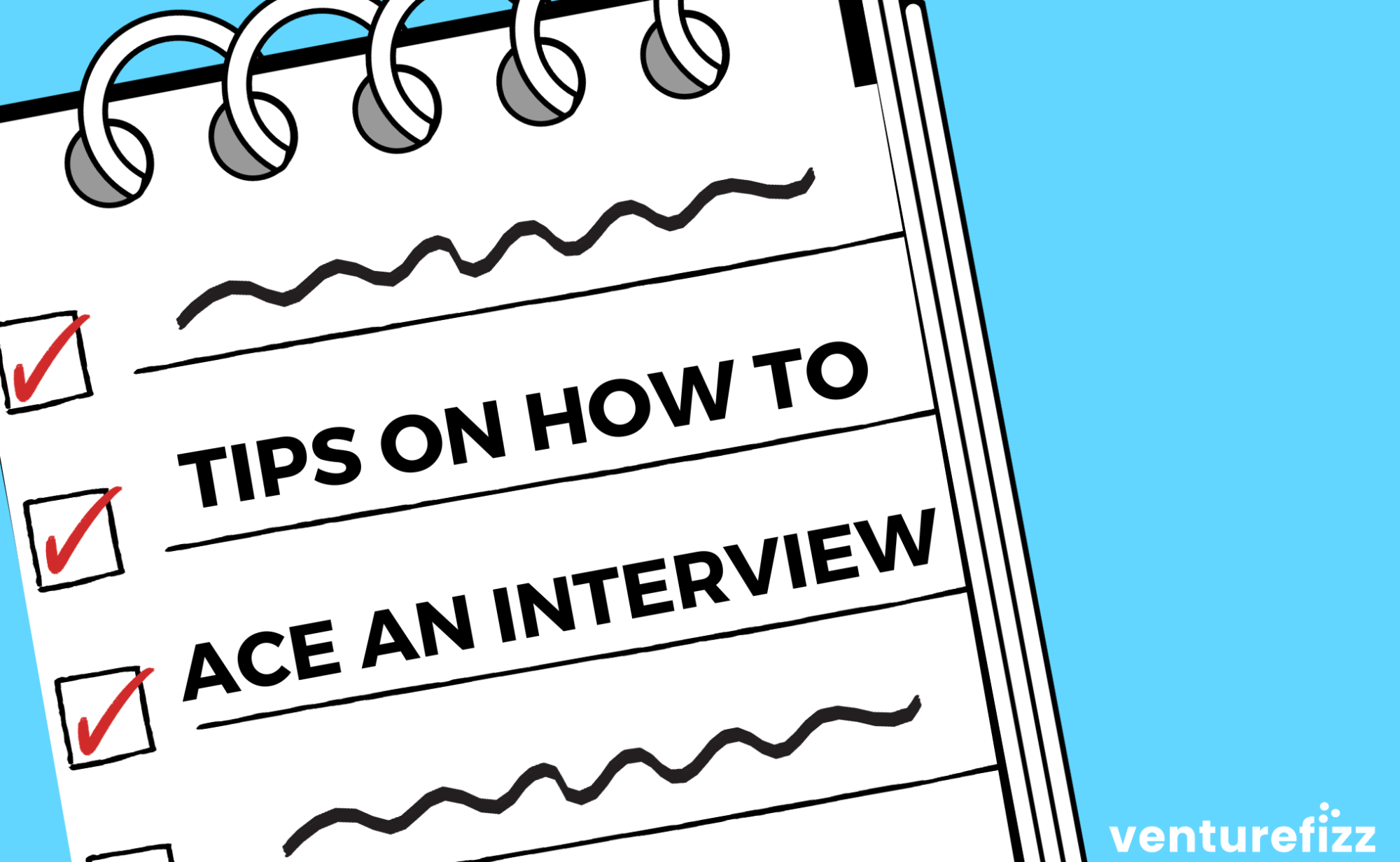Members from Talent Acquisition teams across the tech industry join us to share their tips and advice on how to succeed and ace the interview process.
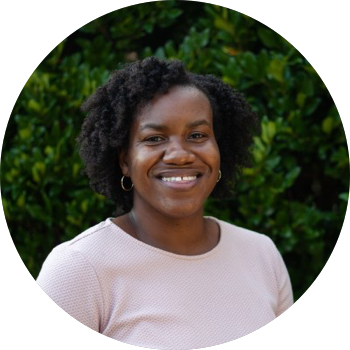 Stephanie Ihejirika
Stephanie Ihejirika
Talent Acquisition Partner at Linus Health
Research, research, research the company before your interview. For example, you can watch the VentureFizz video interview with our CEO, David Bates, from our website to learn about our team, culture, industry, mission, and more.
Also, ahead of your interview, think through some unique characteristics or examples that might demonstrate your value add or the experience you could bring to the company (that might not exist within the org) while still making that applicable to the role.
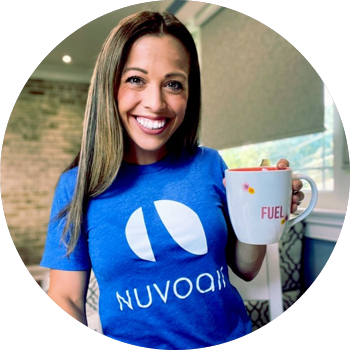 Erin Murphree
Erin Murphree
Head of Talent Acquisition at NuvoAir
Rehearse but do not over rehearse.
Always practice your pitch, standard interview questions, and know your successes (data is king or queen :-) ). Be as direct as possible while being yourself. It is great to rehearse your answers with someone in your network to prepare you for that interview because interviews are a certain length of time, and to tell your full story can be hard. By rehearsing your answers, will allow you to be more precise during the interview.
 Kathleen Mauriot
Kathleen Mauriot
Director, Talent Acquisition at Aqua Security
Ask good questions. Prior to the interview take time to read through the job description, review the company website, and create a list of initial questions that will help you qualify if the opportunity is right for you. Asking questions will demonstrate your interest and help you understand if the position, company and culture is a place where you will thrive. Asking questions also drives the conversation and shows ability to communicate and engage.
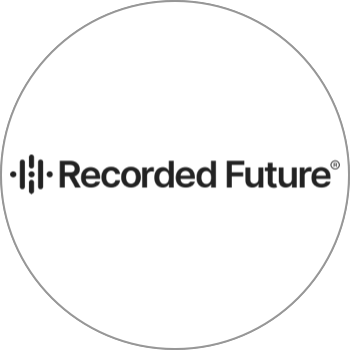 Chris Barnes
Chris Barnes
Manager of Talent Acquisition at Recorded Future
When interviewing for a position at any stage in the interview process, it is important to show you have invested time in researching our company. You could have experience and skills that match all requirements of the position, but if a candidate shows a lack of preparation or awareness for the interview, it will be seen as they may take a similar approach to their work, once hired.
A good tool for candidates is to apply the STAR method (describing examples by clearly defining the situation, task, action, and result) when describing their experience. The STAR method not only clearly defines the steps someone took to achieve success, but it also allows the hiring team to fully determine whether or not a candidate has the experience needed to successfully complete the business objectives aligned to the position.
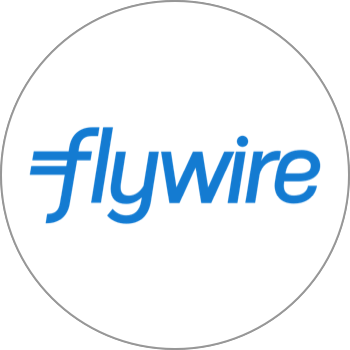 The Talent Acquisition team at Flywire
The Talent Acquisition team at Flywire
We have found that candidates who stand out are really the ones that do their homework on Flywire prior to the interview process. Doing your homework on Flywire is super important to us. If you come prepared on how you want to present yourself and how you would fit in with the company we are very impressed by that!
 Devin Whitehouse
Devin Whitehouse
Senior TA Partner at Mimecast
Know the company you are interviewing with: As a Talent Acquisition Partner I always ask some variation of “What do you know about Mimecast?” and I am always impressed by candidates who are familiar with us and know what we do. Take the 5-10 minutes before an interview and run a quick search (Google is your friend!). Read an article, scroll our LinkedIn page, go to our careers site or social channels to watch a video. This also helps show that you are interested in the company versus just out there applying to any old job.
Know your interviewers: Look me up on LinkedIn and send me a connection request! I love seeing requests from candidates I have a scheduled call with. I personally think it’s great when a candidate is familiar with my background and who knows, maybe we have a few connections in common. With that, if you are asked to move on to next steps of an interview process, research who you are meeting with (especially the hiring manager)! This is helpful for a few reasons: a) it can help guide your line of questioning (another tip: always come prepared with questions); b) the interviewer may ask if you looked them up, especially if they are in a senior position. I have worked with hiring managers who were thoroughly impressed with candidates just based off the fact that they knew who they were and how long they have been in their current role at the company.
 Mitchell Schneir
Mitchell Schneir
Head of Talent Acquisition at Apploi
Preparation is key when it comes to job interviews! Here are some tips to help out.
1) Get a deeper understanding about the opportunity by reaching out to the hiring manager or Talent Acquisition representative.
2) Make sure you research the company and the individuals you'll be interviewing with.
3) Craft a compelling narrative about your professional journey.
 Jason Koslow
Jason Koslow
Manager, Recruiting at SevenRooms
My interview tip for candidates is the Three P's — Preparation, Positivity, and Personability. Candidates can apply the Three P’s during every stage of the interview process.
Preparation - Research who you’re meeting, listen to podcasts from Senior Leadership, read up on recent company news, and familiarize yourself with a company’s core values. Companies recognize when a candidate comes prepared for an interview!
Positivity - Don’t speak poorly about previous employers. Talk about your achievements and share how you grew from any mistakes. Hiring teams want candidates with solution-based mindsets.
Personability - Always bring your authentic self to the table. In addition to meeting the requirements for a role, hiring teams look for people who will add to their company’s culture.
 Mary Paris
Mary Paris
Director of Talent Acquisition at PERSUIT
Always ask questions! Regardless of what interview stage you're at with a company, there's room for curiosity and learning. It can be a red flag to recruiters and hiring managers if a candidate says they don't have any questions. And don't be afraid to ask the tough questions; our team at PERSUIT really appreciates when candidates ask about business challenges, what's going well vs. not, and where we can improve.
 Timothy Gourley
Timothy Gourley
Director of Talent Acquisition at Vestmark
1) Do your research! Review as much content as you can find about the company before the interview. Visit VentureFizz to get some inside information about a potential employer.
2) Review your resume and think of some accomplishments that you might want to highlight during your interview. This is your chance to brag a little bit, think back to some of your work that makes you proud.
3) Prepare an interesting story for the “Tell me about yourself” question. Don’t just recite back your dates of employment and job responsibilities.
4) Prepare for behavioral interview questions using the STAR method. Think about a relevant (SITUATION) to the job opening, discuss your responsibility (TASK) in the situation, describe what (ACTION) you took to solve the problem, and describe the (RESULT) or outcome that was achieved.
5) Next be prepared to dig deeper into the relevant situation. The interviewer might want to know exactly what your role was and what specific steps you took along the way to impact the outcome.
6) Think about a real and honest answer as to why you are interested in coming to work for the potential employer.
7) Prepare a few interesting and relevant questions if there is time at the end of the interview.
8) Lastly, relax and be yourself. Interviews should be a two-way street where both parties get to know each other and determine if there is a good match.
 Ilenia Herrera Lutz (& TA Team)
Ilenia Herrera Lutz (& TA Team)
Director of Talent Acquisition at Duck Creek Technologies
Research the company before you interview as well as who's interviewing you! Demonstrating that you do your due diligence is something we take note of. Be able to share why you are interested in the particular company and the role, not just why you are qualified.
Be ready to highlight your experience that aligns with the role, as well as discuss examples and ways you have used this experience. The job description is not to be overlooked, be able to answer all questions related to it.
Follow the interviewer’s lead and only share skills and experience relevant to the actual role and company. Do not deviate from the questions that are asked of you. Be personable and authentic, while staying focused and succinct.
Always have at least three good questions prepared to ask the interviewer when they prompt you near the end - open-ended questions that will provide valuable insights into the role, the company and what they are looking for.

